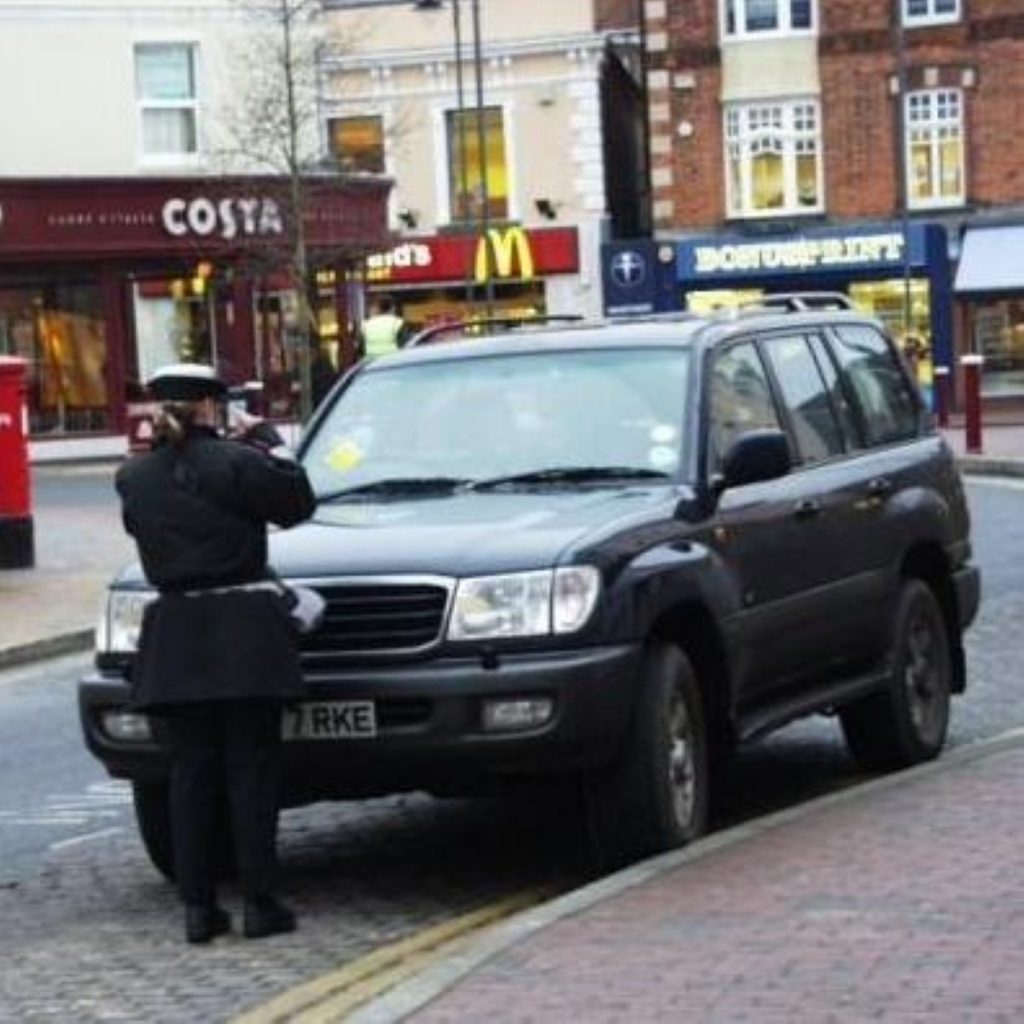MPs slam ‘mess’ of a parking system
MPs have today called for a complete overhaul of the way parking is managed in England and Wales, branding the current system a “mess”.
The transport select committee says it is “unacceptable” to have two different parking systems across the country, one enforced by the police and the other by local councils, and calls for one single decriminalised system.
But it warns that changes must be made to ensure this system works properly, and in particular to improve the parking fines system to persuade the public that tickets are used to improve road safety and cut congestion – not just add to the council’s revenue.
About 45 per cent of local authorities have the power to enforce parking restrictions and give out fines, while the police managed the remainder. But of the more than eight million fines issued in 2003-04, 87 per cent were by councils.


This has led not only to an “inconsistent and confusing system”, which could be resolved by giving all town halls power over parking, the MPs say, but has also led to widespread public suspicion that councils are using these powers to boost their funds.
The income from parking tickets topped £1 billion in 2003-04, but only £655 million of this was spent on transport improvements – leaving a surplus of £439 million. But there is little scrutiny of councils’ actions, and few publish annual reports.
The MPs recommend the Audit Commission scrutinise the activities of local authorities, greater transparency in the form of regular reports on how much money is being raised and spent, and tougher action in cutting the fifth of fines that are cancelled on appeal.
It also calls for better training for traffic wardens, including on improving interpersonal skills, and says a pilot scheme in Manchester giving staff more discretion in when and where to give out parking fines is making the system more efficient.
The committee calls for more “fine-tuning” tickets, which could see parking on a yellow line penalised more than simply overstaying on a meter, saying this would improve public confidence in the system and reduce the number of appeals.
“Our present parking system is, frankly, a mess,” said committee chairwoman Gwyneth Dunwoody, adding: “It is high time to move to a single system of parking enforcement.
“But this roll-out of decriminalised parking enforcement must take place in the context of improved professional standards. For instance, enforcement contracts with incentive regimes based on the number of tickets issued are utterly misguided.
“Such incentives squeeze out sensible traffic management objectives and serve to undermine legitimacy and public confidence in civil enforcement.”
The Department of Transport is due to publish new guidance on parking in the next few months, and the committee says it hopes its recommendations will be taken into account.
But shadow transport secretary Chris Grayling said ministers had a “long record of making transport promises, and never actually do anything”.
He added: “There is a real frustration amongst motorists that they are an easy target for local authorities trying to solve their financial problems.
“I just wish both the government and local councils would spend more time targeting the real rogues on our roads who always seem to get away with it.”









